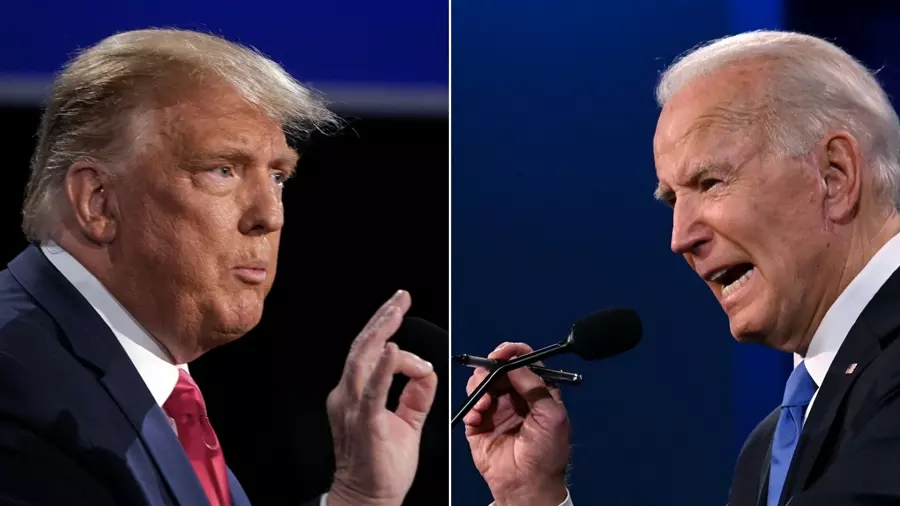The Delaware Supreme Court has reversed a lower court’s ruling that early voting and permanent absentee status are unconstitutional. The Court did not decide on the merits of the case but ruled that the plaintiffs, a state elections inspector and a Republican lawmaker, did not have standing to bring the case. Justice Gary Traynor said elections inspector Michael Mennella and Senate Minority Leader Gerald Hocker had not met their burden of establishing “imminent or particularized harm.” To achieve standing, he said, a plaintiff must demonstrate an injury that is “more than a generalized grievance” shared by the population at large.
The court also rejected Mennella’s argument that he has standing as an inspector of elections and would have the authority to turn away voters based on his belief that the laws are unconstitutional. The court also ruled that the plaintiff’s status as registered voters whose votes would be harmed by illegally cast votes would still not give them standing to bring the case.
The United States Supreme Court weighed in on a key mail-in ballot issue ahead of the 2024 presidential election this month. Without providing a reason, the justices turned down a case alleging a “crisis of confidence” regarding Oregon’s decades-old mail-in ballot system. The state adopted universal mail-in ballots in 2000 after residents approved them in a 1998 referendum.
The U.S. 3rd Circuit Court of Appeals handed down a decision last month that could significantly influence election outcomes in Pennsylvania, a key swing state, as well as other battleground states, marking a notable win for Republicans who have been advocating for voter integrity measures. The court overturned a federal district court’s order and ruled in favor of the Republican National Committee (RNC) regarding signature verification for mail-in voting in the “crucial” state.
The case was about whether mail-in ballots with an incorrect or no date at all under the voter’s signature should be counted. Corrupt Democrats argued that the materiality provision, as outlined in Section (a)(2)(B) of the Civil Rights Act of 1964, should apply, thereby asserting that the ballots should be counted. The Materiality Provision prohibits denial of the right to vote because of an “error or omission” on paperwork “related to any application, registration, or other act requisite to voting,” if the mistake is “not material in determining whether [an] individual is qualified” to vote.




